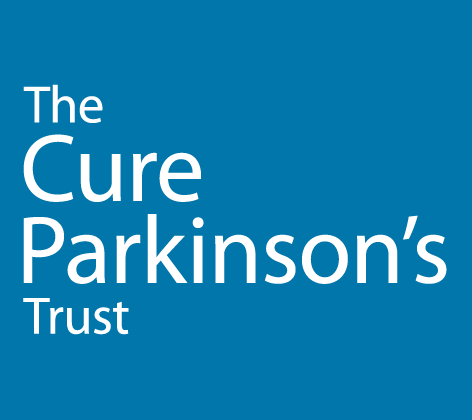Understanding early changes in GBA1 carriers without Parkinson’s
Original article: Evolution and clustering of prodromal parkinsonian features in GBA1 carriers, Movement Disorders: June 28, 2019.
The takeaway
A recent study has found that early changes in smell, mood, and cognition are more pronounced in people with GBA1 mutations who do not have a Parkinson’s diagnosis.
Why is it important?
It replicates earlier findings of early changes in these domains linked to GBA1 which may in future offer a means of predicting Parkinson’s in people who carry this mutation.
%
IMPACT
- Novelty 70%
- Proximity 80%
- Deliverability 60%
Impact Opinion
“This is a fascinating study conducted by the team coordinating the Cure Parkinson’s Trust-sponsored Ambroxol clinical trial. It will be very interesting for them to follow these non-Parkinsonian GBA1 mutation carriers over the long term and assess whether they will go on to develop Parkinson’s, and what factors may have influenced that outcome.
Another consideration of this study is the use of relatives as control subjects in clinical trials/studies. If they are a mutation carrier, they may not be a fair representation of a ‘control’ participant. Some really intriguing implications from this study.”
Background
GBA1 is a section of DNA (a gene) which when mutated (errors in the DNA) can increase one’s risk of developing Parkinson’s. Up to a quarter of people with Parkinson’s carry one of several GBA1 mutations, making the biological pathway which GBA1 determines an attractive target for disease modification. Carrying two copies of the GBA1 mutation causes Gaucher’s disease, a condition in which fatty substances are not broken down properly in cells, causing damage to organs like the liver and spleen.
Given the link between GBA1 and Parkinson’s, working with people who have Gaucher’s and their unaffected relatives carrying one mutation offers a real opportunity to study the effects of GBA1 as a means of both understanding and predicting Parkinson’s.
The details
82 GBA1 mutation carriers, including people with Gaucher’s and their unaffected relatives, as well as 35 healthy individuals without any GBA1 mutations were recruited into the study and observed over 4 to 5 years for prodromal clinical Parkinson’s features. Regular neurological assessments were carried out along with tests of cognition, mood, REM sleep behaviour and smell. Blood levels of the Parkinson’s associated protein alpha synuclein were also measured.
The data were collectively analysed for patterns and associations between symptom scores. The researchers discovered that in GBA1 mutation carriers, a reduction in the sense of smell, cognitive problems, depression and some early movement changes seen in idiopathic Parkinson’s were more pronounced. In addition, GBA1 carriers also had higher alpha synuclein levels. Unexpectedly, REM sleep behaviour problems (which involves acting out one’s dreams) did not exhibit any systematic relationship, even though many studies have shown these are part of prodromal Parkinson’s. It is unclear whether this is partly due to relatively low numbers of individuals participating all the way to the final assessment.
Next steps
To properly get to grips with how GBA1 mutation carriers come to eventually develop Parkinson’s, larger trials are needed, and for this recruitment and ongoing, sustained participation is key. The Rapsodi study (www.rapsodistudy.com) is currently recruiting.
Original article: Mullin S, Beavan M, Bestwick J, McNeill A, Proukakis C, Cox T, Hughes D, Mehta A, Zetterberg H, Schapira AHV. June 28, 2019. Evolution and clustering of prodromal parkinsonian features in GBA1 carriers.



